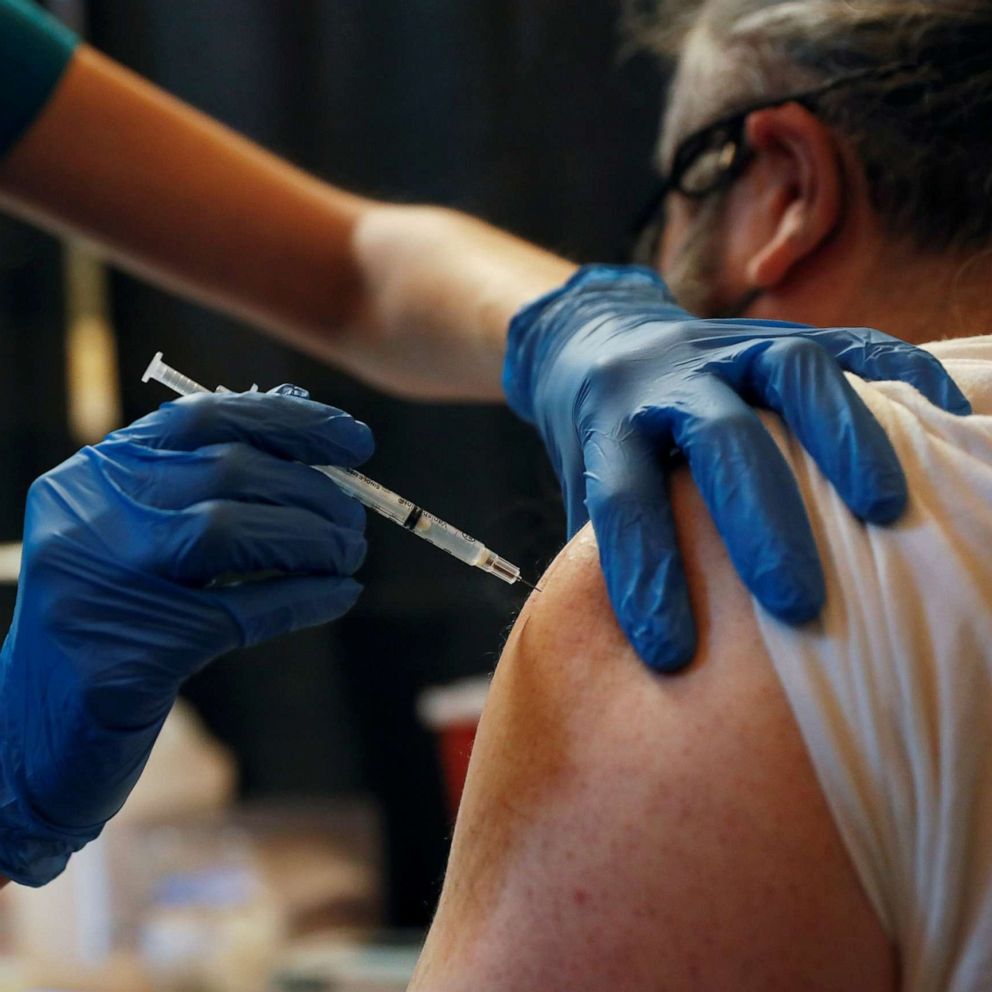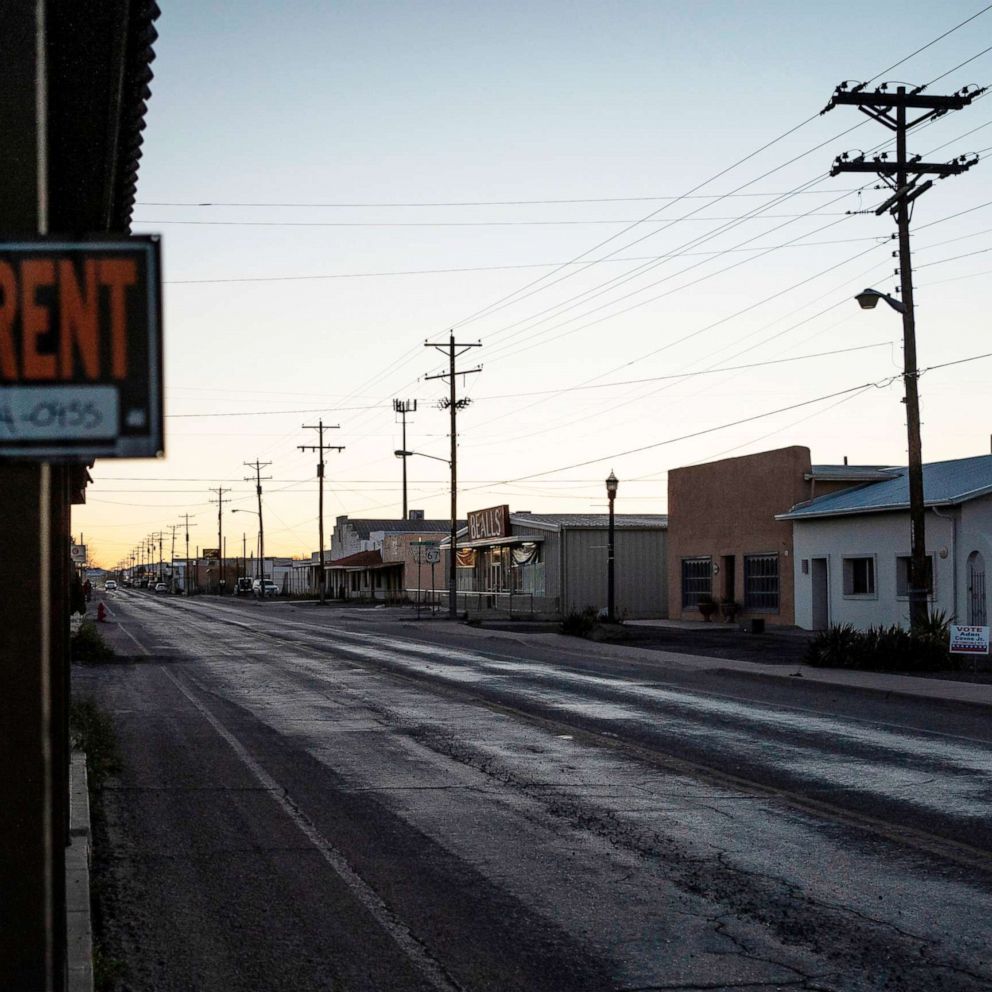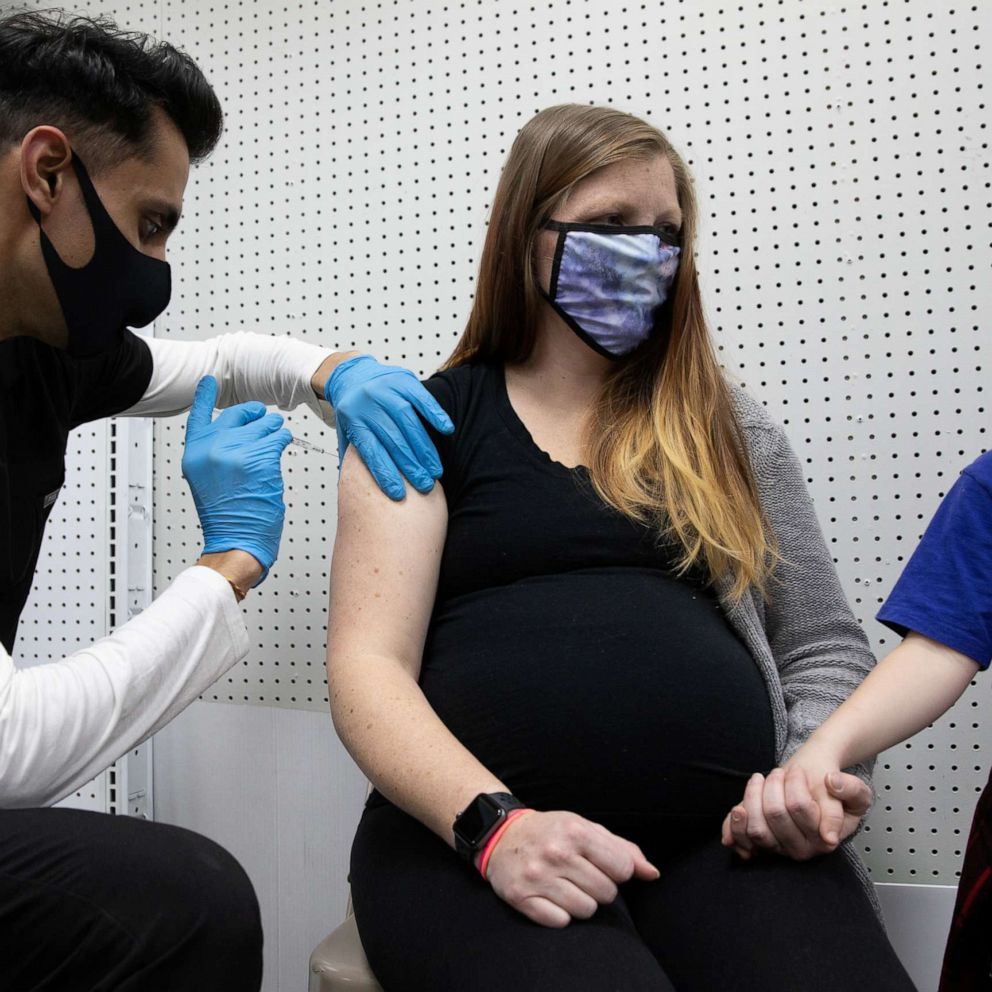Europe's vaccine rollout 'unacceptably slow': WHO
As infections rise, countries across Europe are on lockdown.
The World Health Organization criticized Europe's sluggish vaccine rollout as "unacceptably slow" in a recent statement, pointing to the low rate of Europeans who have been fully vaccinated.
Just 10% of Europeans have received at least one dose of the COVID-19 vaccine and only 4% have been fully vaccinated, according to the WHO.
"Vaccines present our best way out of this pandemic. Not only do they work, they are also highly effective in preventing infection," Dr. Hans Henri P. Kluge, the WHO's regional director for Europe, said in a statement last Wednesday. "As long as coverage remains low, we need to apply the same public health and social measures as we have in the past, to compensate for delayed schedules," he added.
"Let me be clear: we must speed up the process by ramping up manufacturing, reducing barriers to administering vaccines, and using every single vial we have in stock, now."
In the United States, 32% of the population has received at least one dose of the vaccine and 18.5% of the population is fully vaccinated, according to the Centers for Disease Control and Prevention.
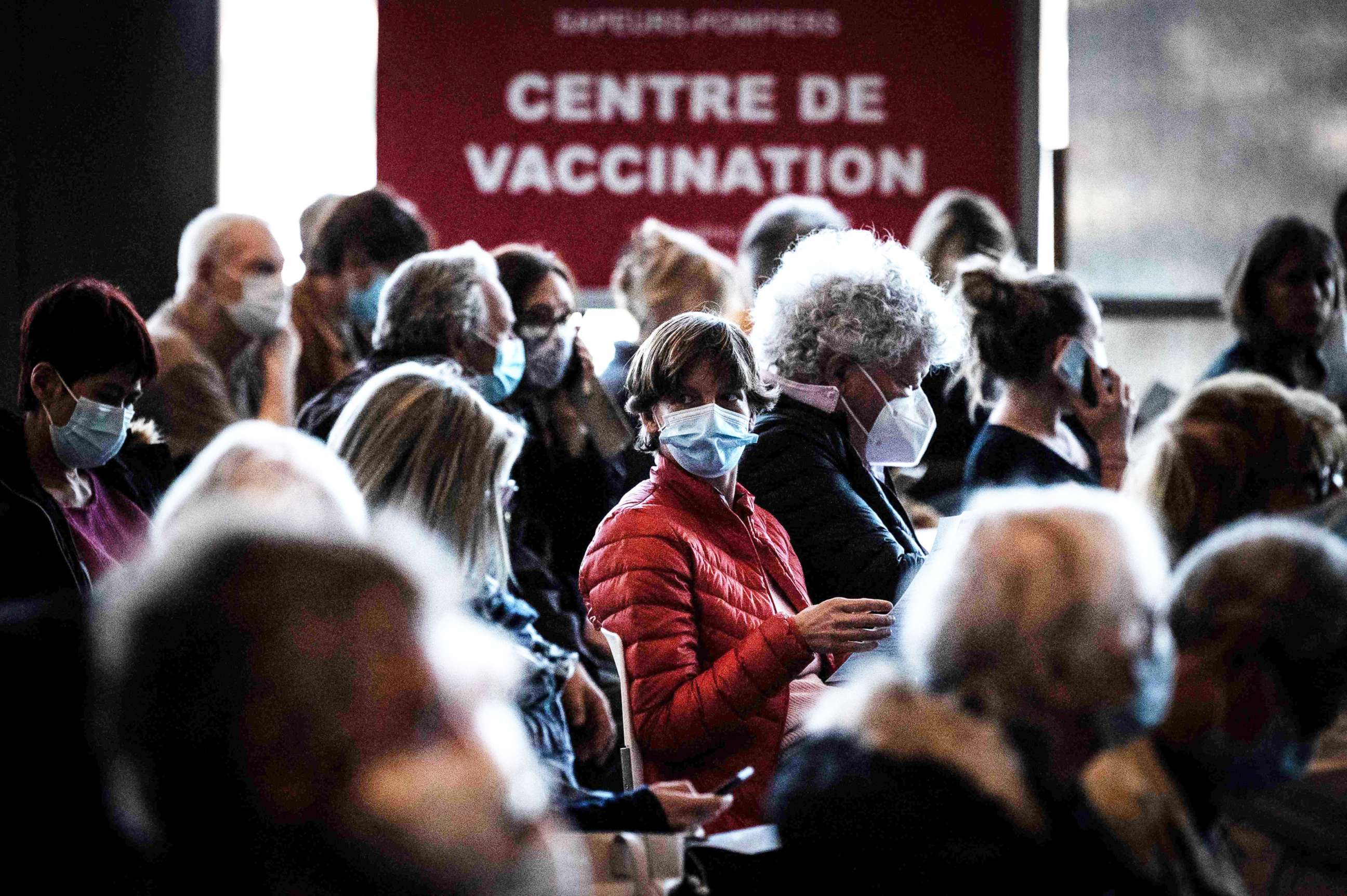
Europe has seen an uptick transmission of the virus in recent weeks, including the more transmissible B.1.1.7 variant that was first detected in the United Kingdom and which is now the dominant variant in Europe. As a result of rising cases, 27 countries in the region are now in partial or full national lockdown, many imposing nighttime curfews.
"The likelihood of new variants of concern occurring increases with the rate at which the virus is replicating and spreading, so curbing transmission through basic disease control actions is crucial," Dr. Dorit Nitzan, regional emergency director for the WHO's regional office for Europe, said in a statement.
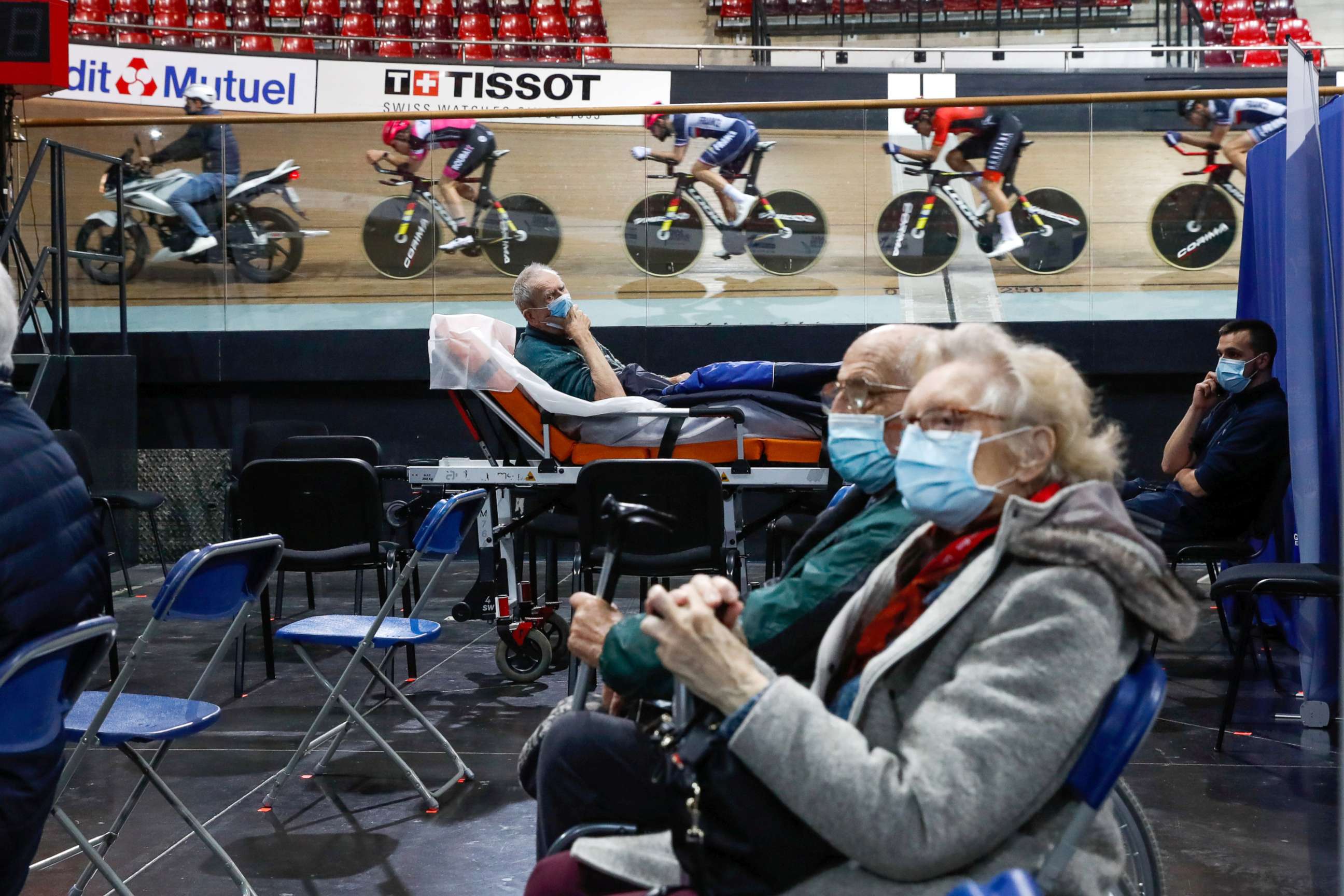
Europe's vaccine rollout has been plagued by supply issues and disagreements over vaccine delivery contracts with pharmaceutical companies. AstraZeneca, the vaccine that Europe bet most heavily on, reduced the number of doses it said it could deliver to the European Union because of low supply and contracts with other countries.
In March, more than 20 countries, including Germany, France, Italy, Spain and the Netherlands halted their AstraZeneca programs over concerns about blood clots. Those countries have since resumed vaccinations following an investigation by the European Medicines Agency that found the vaccine to be safe and effective.
